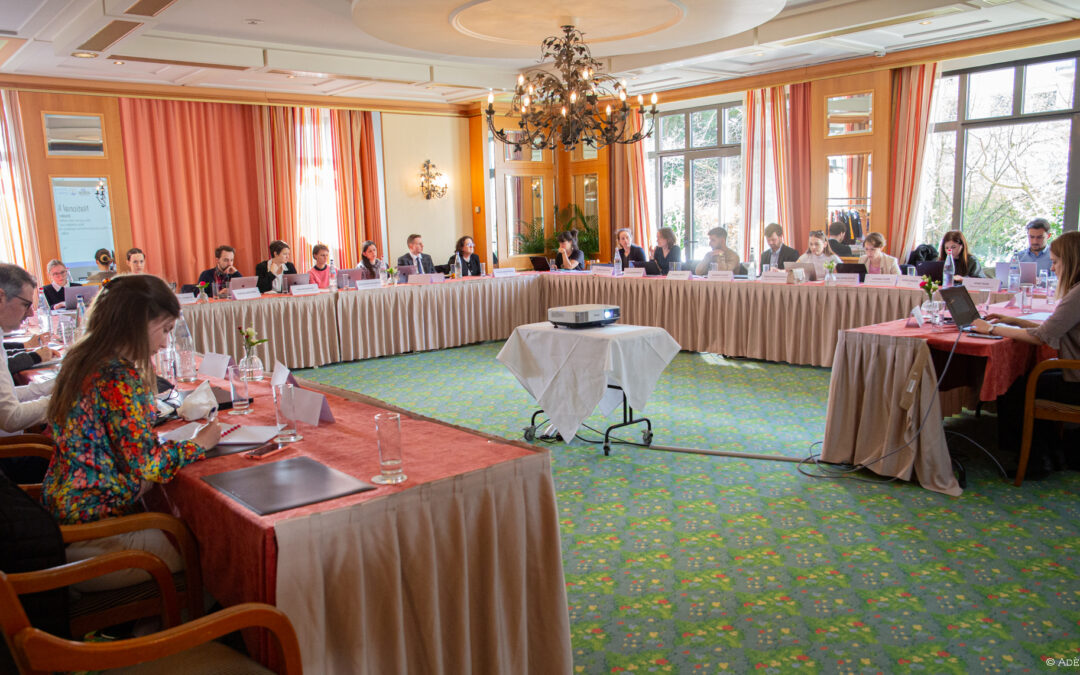

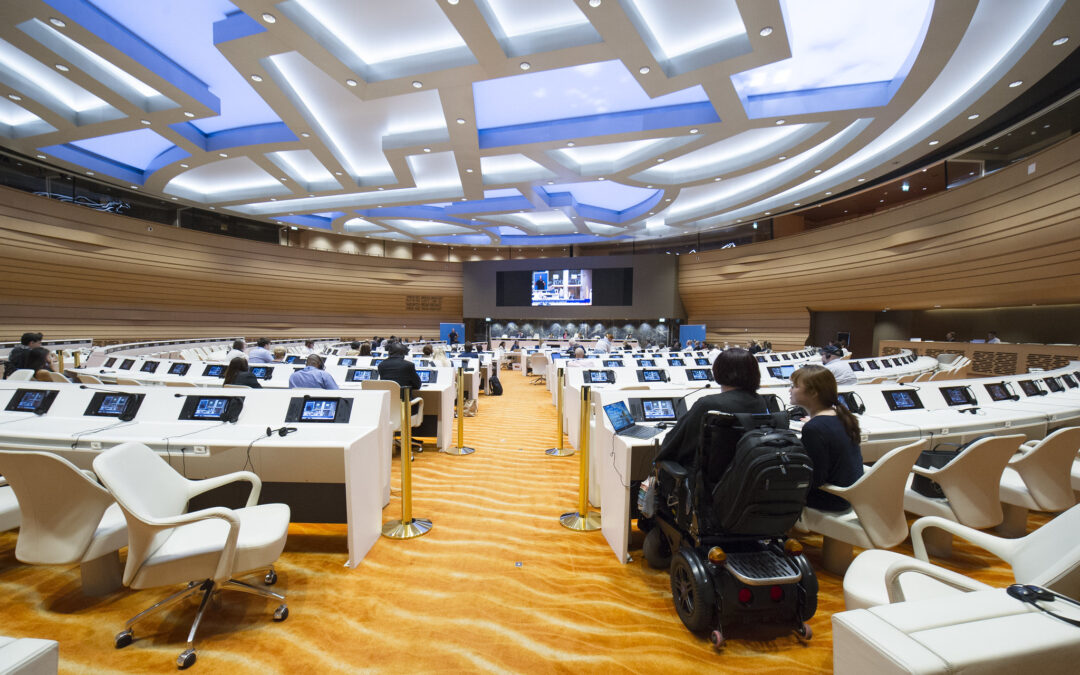
CRPD32: ICJ statement on barriers to political participation for persons with disabilities
The Committee on the Rights of Persons with Disabilities 32nd Session Day of General Discussion The International Commission of Jurists’ statement on the participation of persons with disabilities in public office during the Committee on the Rights of Persons with...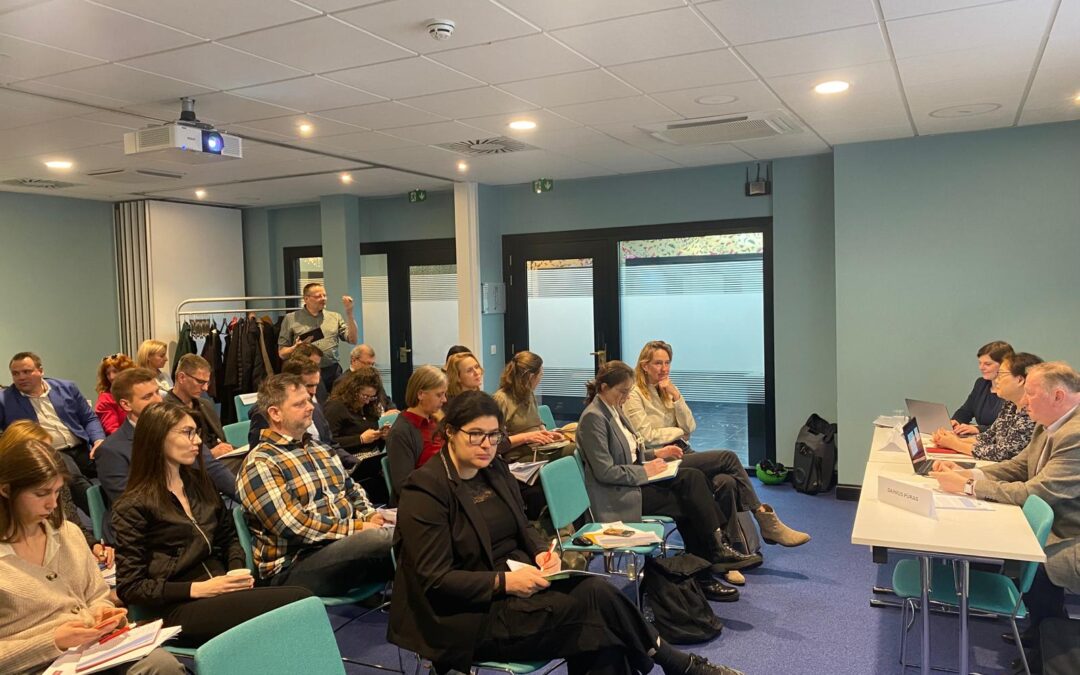
EU: Advancing access to justice for children in criminal proceedings
On 18 and 19 March, the International Commission of Jurists (ICJ) and partners organized a transnational roundtable on Access to Justice for Children Accused and Suspect in Criminal Proceedings. The event brought together judges, lawyers, public prosecutors, law enforcement officials, social workers and probation officers – from Belgium, Bulgaria, the Czech Republic, the Netherlands, Poland, and Slovakia to discuss challenges in ensuring child-friendly justice systems across the EU.
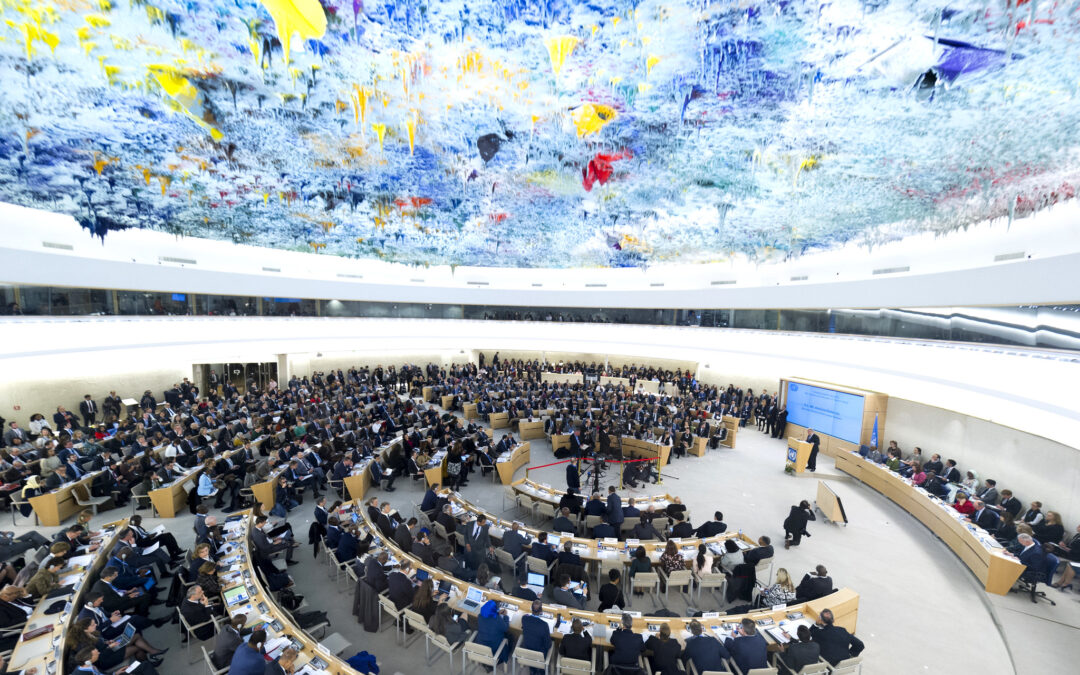
HRC58: ICJ statement on human rights situation in Belarus
United Nations Human Rights Council 58th Regular Session Agenda Item 4 Oral statement of the International Commission of Jurists (ICJ) in the interactive dialogue with the Group of Independent Experts on the Human Rights Situation in Belarus Mr. President, The...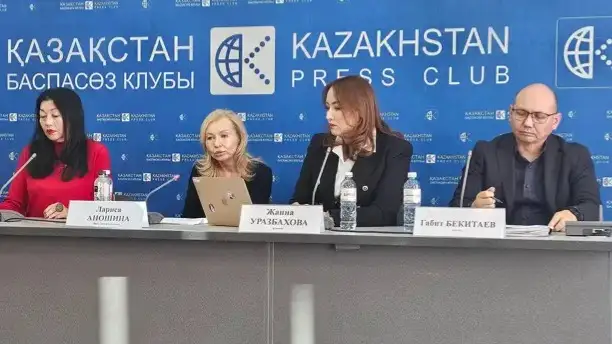
Kazakhstan: Criminal proceedings against lawyers Zhanna Urazbakhova and Gabit Bekitayev must be dropped
The International Commission of Jurists (ICJ) condemns the initiation of criminal proceedings by Almaty Police Department against lawyers Zhanna Urazbakhova and Gabit Bekitayev in Almaty. The ICJ believes that these proceedings are likely to have been undertaken in response to the lawful exercise of their professional duties.




